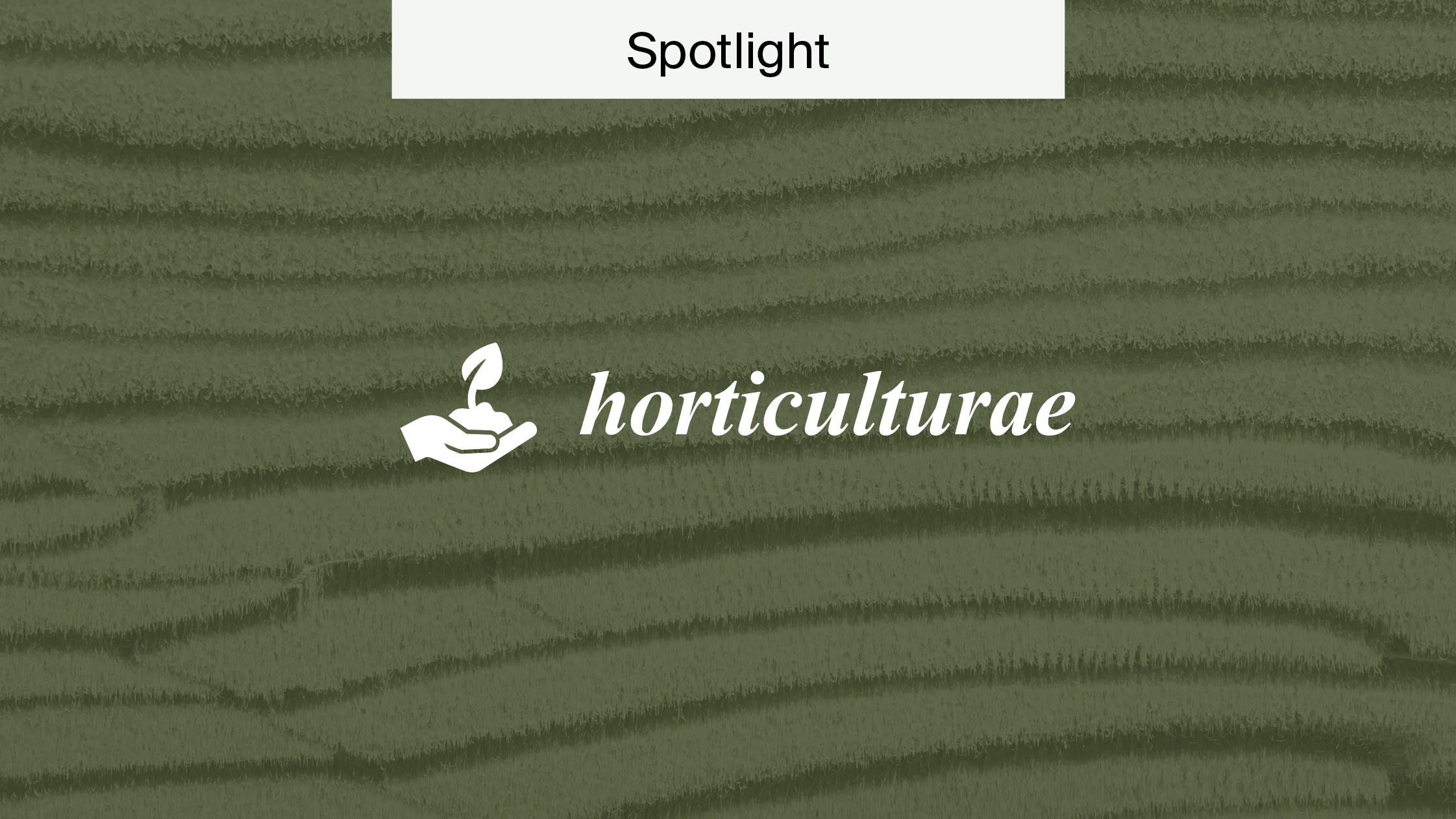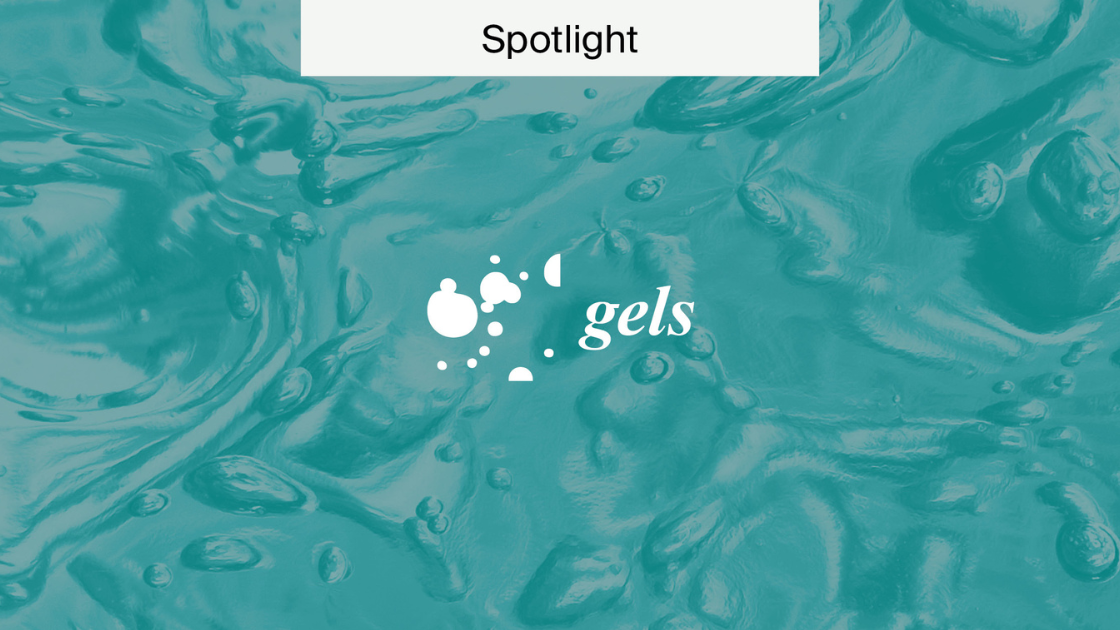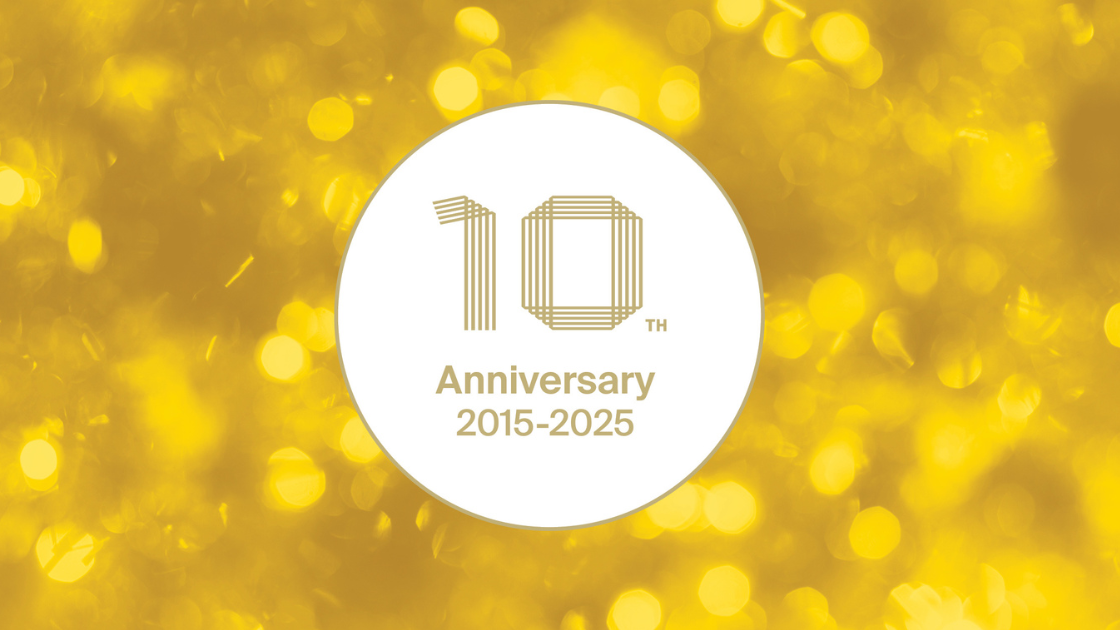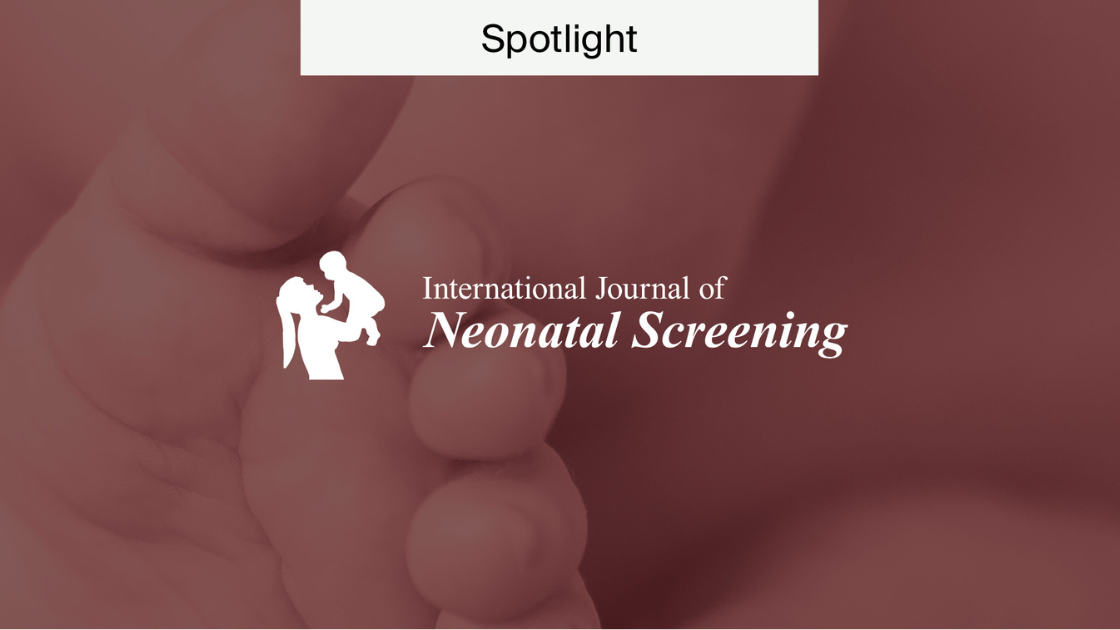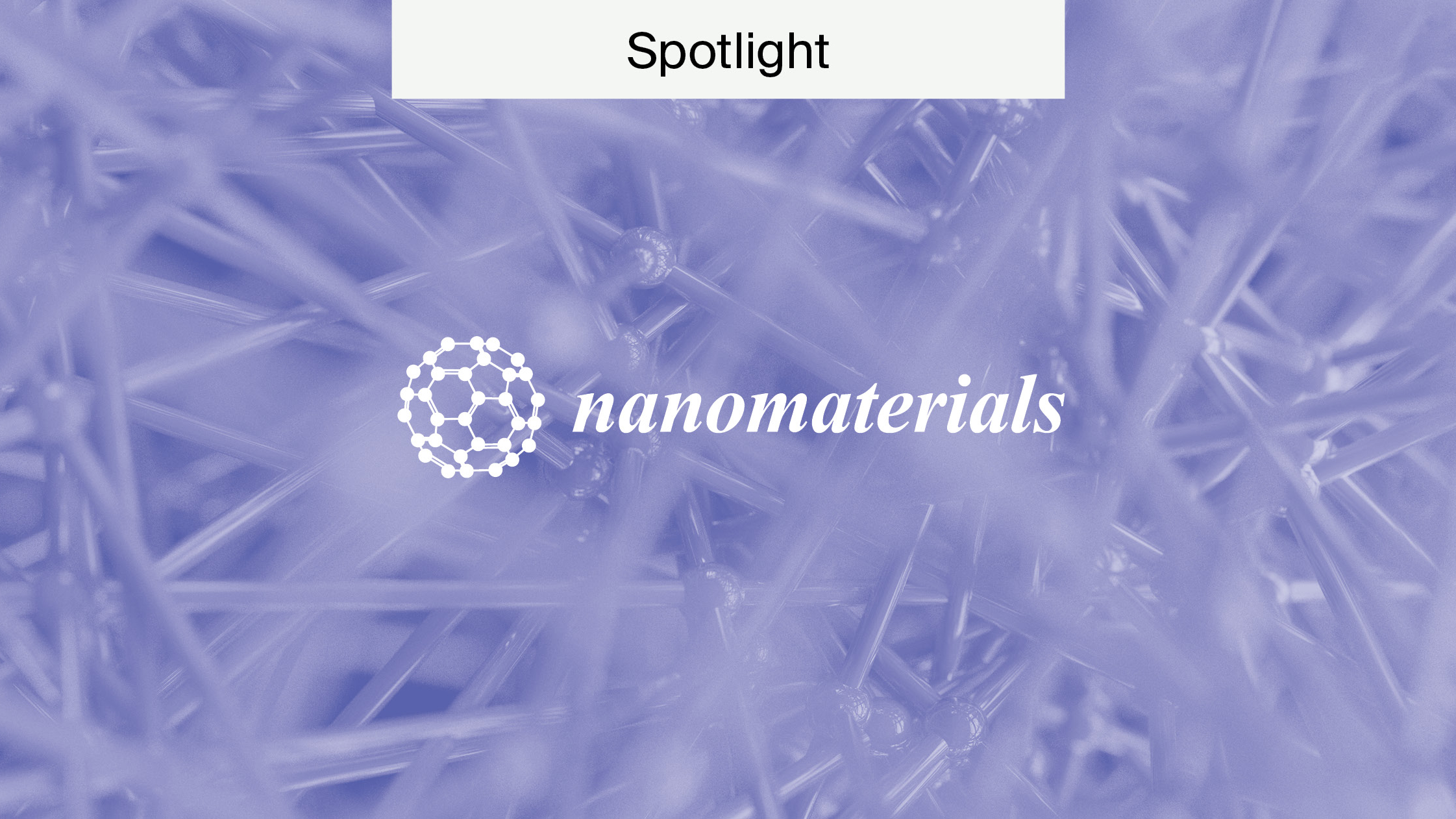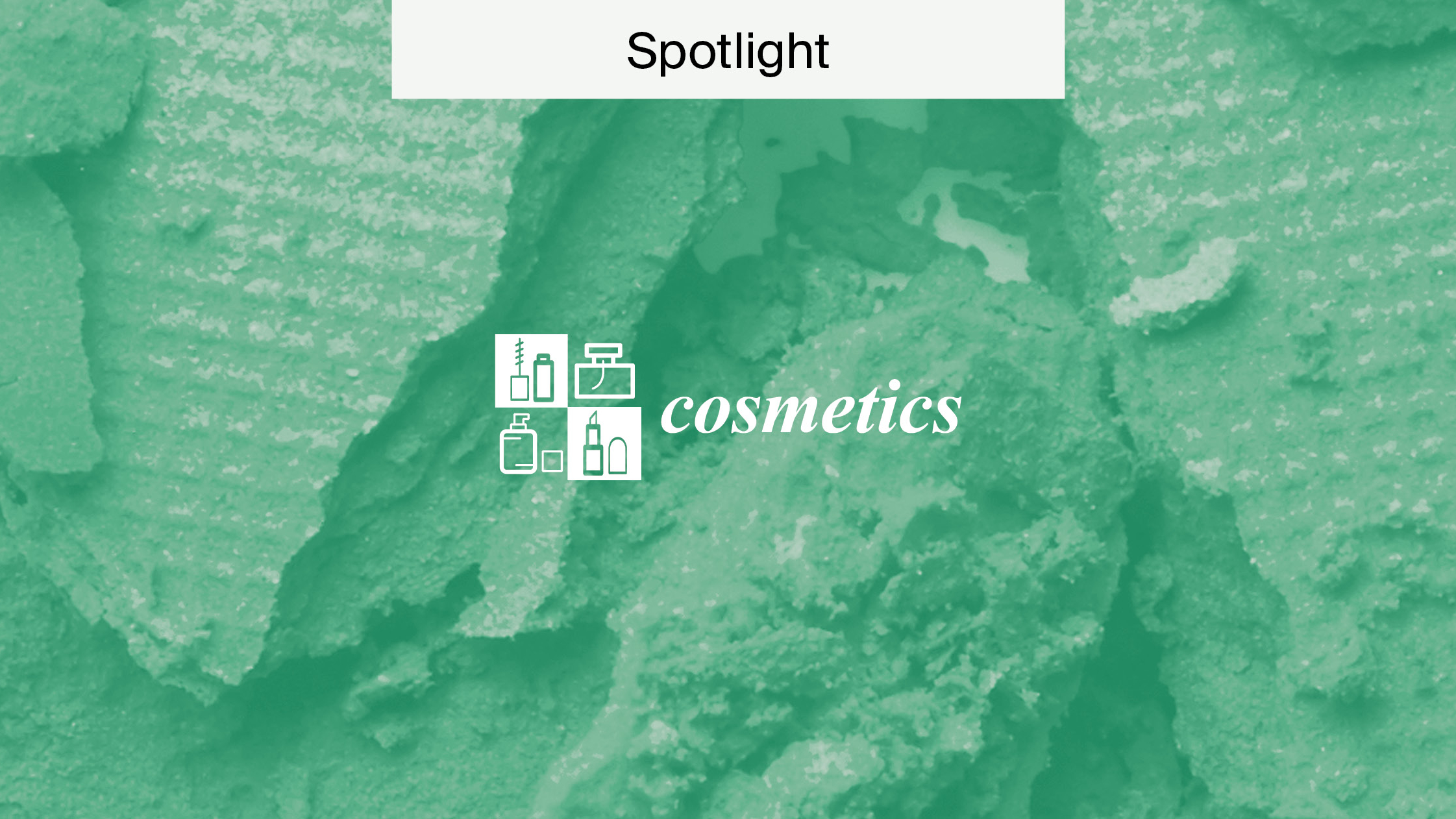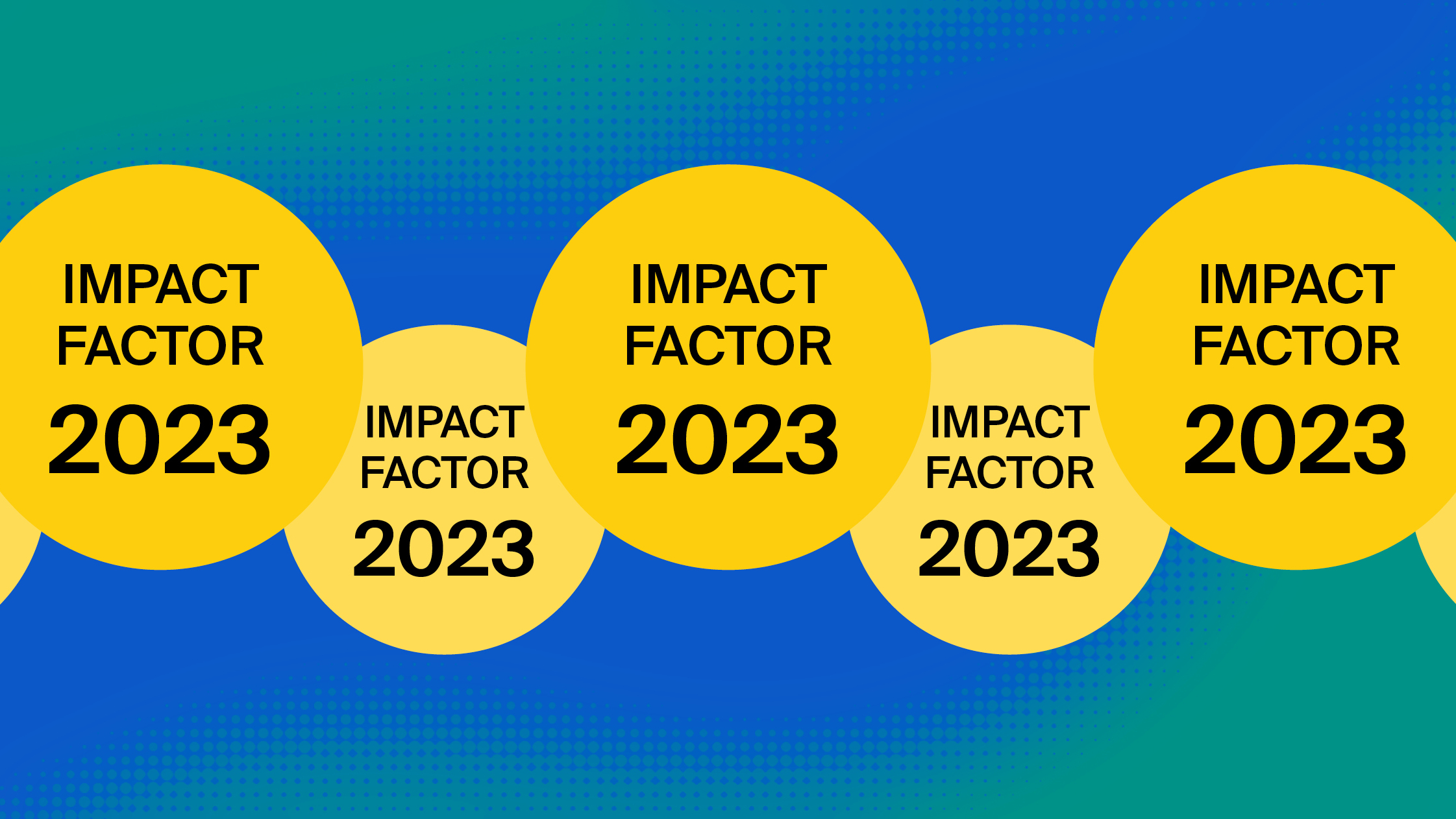
Spotlight on Cancers
This week’s Spotlight shines on one of MDPI’s well-established and recognised journals, Cancers. This journal encapsulates the dynamic and cutting-edge research field of oncology, covering the broad themes of clinical, translational, and molecular oncology. Cancers encourage researchers to submit their findings with a focus on high quality, thorough detail, and experimental replicability. It celebrates not only positive but also negative results, arguably just as important for the advancement of research.
Here we briefly dive into the highlights of Cancers, its growth, and achievements.
A History of Cancers
Cancers was initially established as a quarterly publication in 2009, with Prof Robert H. Weiss appointed as the Editor-in-Chief. The journal was quickly indexed in Scopus and PubMed (NLM) by 2013. Owing to its surge in submission rates and popularity amongst researchers, the journal was soon publishing articles monthly (2016) and then moved on to a semi-monthly basis (2021).
Exciting additions to Cancers
Due to the rapidly expanding field of cancer research, the Journal established a range of sections highlighting the most novel and relevant research in oncology as of 2020.
This includes (but is not limited to) a range of sections exploring:
Cancer Immunology and Immunotherapy;
Cancer Epidemiology and Prevention;
Clinical Trials and Cancer;
Cancer Informatics and Big Data;
Tumor Microenvironment.
The sections are continuously adapted, developing a robust landscape of reviews, articles, and meta-analyses to advance the ever-evolving field of Cancer research.
Growth and Milestones
As of 2015, Prof. Samuel C. Mok, senior researcher at the University of Texas MD Anderson Cancer Centre, stepped in as Editor-in-Chief for Cancers. Since then, the journal has been indexed in SCIE -Web of Science in 2017 and received its first Impact Factor of 5.3 in 2017.
Cancers has only grown in popularity amongst researchers, marking its 5000th published paper in 2020, and then its 10,000th paper only one year later in 2021.
The journal currently holds an impressive 5-year Impact Factor of 5.6 and has formed affiliations with numerous international societies. This includes the British Neuro-Oncology Society, the Irish Association for Cancer Research, the Spanish Group for Cancer Immuno-Biotherapy and the Spanish Association for Cancer Research.
Want to learn more about the journal?
Cancers is an international, peer-reviewed and open-access journal publishing works and research from the field of oncology. The journal is published semi-monthly online by MDPI. For more information, please see the journal’s page.
Thinking of submitting your manuscript to Cancers?
The journal is committed to publishing innovative and quality research. Authors thinking of submitting manuscripts to the journal can access the list of requirements for submission on the webpage. Cancers is dedicated to ensuring research integrity and high-quality manuscripts.
Authors are encouraged to read the submission instructions specific to each journal prior to submission. Authors looking to publish their work in Cancers can submit manuscripts online at susy.mdpi.com. Templates for articles are provided here in both LaTeX and Microsoft Word formats. In case you are unsure, the submitting author is generally the corresponding author and is responsible for the manuscript during the submission and peer-review process. To submit your manuscript, register and login to the submission website.
Then, once you have registered, click here to go to the submission form. All co-authors can see the manuscript details here. To do so, they must register and log in using the same e-mail address used for manuscript submission.
Future research
Cancers is always looking to publish novel research across all aspects of oncology For a more extensive list of research topics and sections, have a look through the journal’s About section. Cancers continuously strives to publish innovative and high-quality work dedicated to the field of cancer research.

